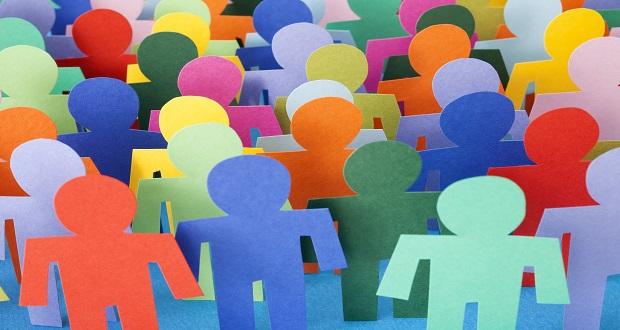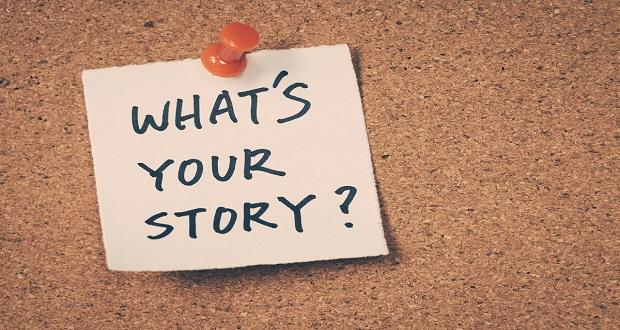
Several weeks ago, I wrote about the book What Does It Mean to Be White, that addresses how white culture generally sees and experiences racism. Dr. DiAngelo writes as an antiracism scholar and practitioner, so I was particularly attuned to the reasons she would give for why white people would be invested in the work of anti-racism, discrimination, prejudice, and racial inequality. And in the entire book, which I highly recommend, DiAngelo only briefly provides a few sentences for the moral motivations for why white people should be invested in living more inclusively: her thoughts boiled down to the reward of better inter-personal relationships. And my initial question to myself was “is that it?”
In this post, I want to share my thoughts on the importance of “why” motivations for living inclusively and fighting inequality across all dimensions of cultural differences. As our founder, Mary-Frances Winters, often says about the “why” question, “you can lead a horse to water, but you can’t make them drink.” In other words, you can point out all the opportunities and reasons for living inclusively, but people have to be motivated themselves. And the “why” question I’m interested in for this post is a moral-ethical “why” that runs deeper than merely pursuing the business advantages of inclusion or viewing diversity and inclusion work as an intellectual pursuit for deeper understanding.
Of course, racism—and exploitation and exclusion of all forms—deeply affects the quality of cross-cultural relationships; but I wonder how relevant the interpersonal “why” motivation is to so many people who may not live or work with people different from them—and if so, maybe they’re just fine with personal networks that lack diversity. I want to be clear that the health of our diverse relationships—and the trust, love, and understanding that flow from them—are vital to our own and others growth. But I think we should be as creative and complex in our thinking about the ethical motivations for diversity and inclusion work as we are about the harmful effects and facts of disparities, inequities, exclusion, and exploitation. We should be just as loud about what we’re for as what we’re against.
The importance of thinking deeply about the “why’s” of diversity and inclusion work was brought home to me in a powerful way recently in an anti-racism workshop I attended. We participated in a gallery walk where we shared on poster boards recent examples of harmful racial stereotypes, exploitation, and oppression that we’d witnessed and at the last station we had to share alternative examples of hope, utopias, and grand narratives that illustrated what it was we were fighting for or wanted to see. During our reflection, it became apparent that our list of specific things we were against was much longer and robust than our list of what we were for. I don’t think I’ll ever forget that day. It was a powerful reminder to be as loud and creative about the deeper “whys” that drive this work, in addition to our (righteous) indignation against the evils in the world that divide us across differences. One way that I’ve been thinking about broadening our “whys” is that for every “level” of oppression and exclusion, there is an equal-opposite moral reward for living more inclusively.
- Intrapersonal: I love James Baldwin here. In the film I Am Not Your Negro we see Baldwin ask racist whites—in his day and ours—why they need the “n-word” (or any oppressive othering like “terrorist”, “alien,” ”thug”, etc)? His point was that holding exclusionary views of others is a reflection of the heart and character of the oppressor; not the oppressed. This intrapersonal “why” is a powerful reminder that hateful or exclusionary views of the world are physically and psychological damaging to those that hold them.
- Interpersonal: Although this is a “why” motivation that we are typically more vocal about, the ground is fruitful to explore more deeply the ways in which we are stronger together—with all of our differences. Human beings are malleable and we shape each other in deep ways—for better and worse. Our words and actions have lasting impacts on each other and living inclusively is another way to love our neighbor as they would want to be loved.
- Structural: In our work of highlighting the systemic inequalities in organizations and institutions, there is equal opportunity to demonstrate profound impact that inclusive and loving organizational practices can play in shaping national and global cultures. As we experience a rise in global hate—like Islamophobia and Xenophobia—organizations have a greater moral responsibility to speak truth to power by being loud voices for inclusion in ways individual people cannot.
- Spiritual: As a spiritual practitioner myself, I am always inspired by the amount of people in diversity and inclusion work professionally who claim (widely differing) spiritual motivations for the work that they do. In an election where so many white evangelicals voted for the candidate who ran on a platform of exclusion towards marginalized groups, there is a renewed urgency for people of faith and religious groups to be more vocal about the messages of inclusion and love that is at the root of faith traditions.
In this week’s edition of The Buzz, we share a timely checklist on individual actions you can take in ‘standing for.’


















